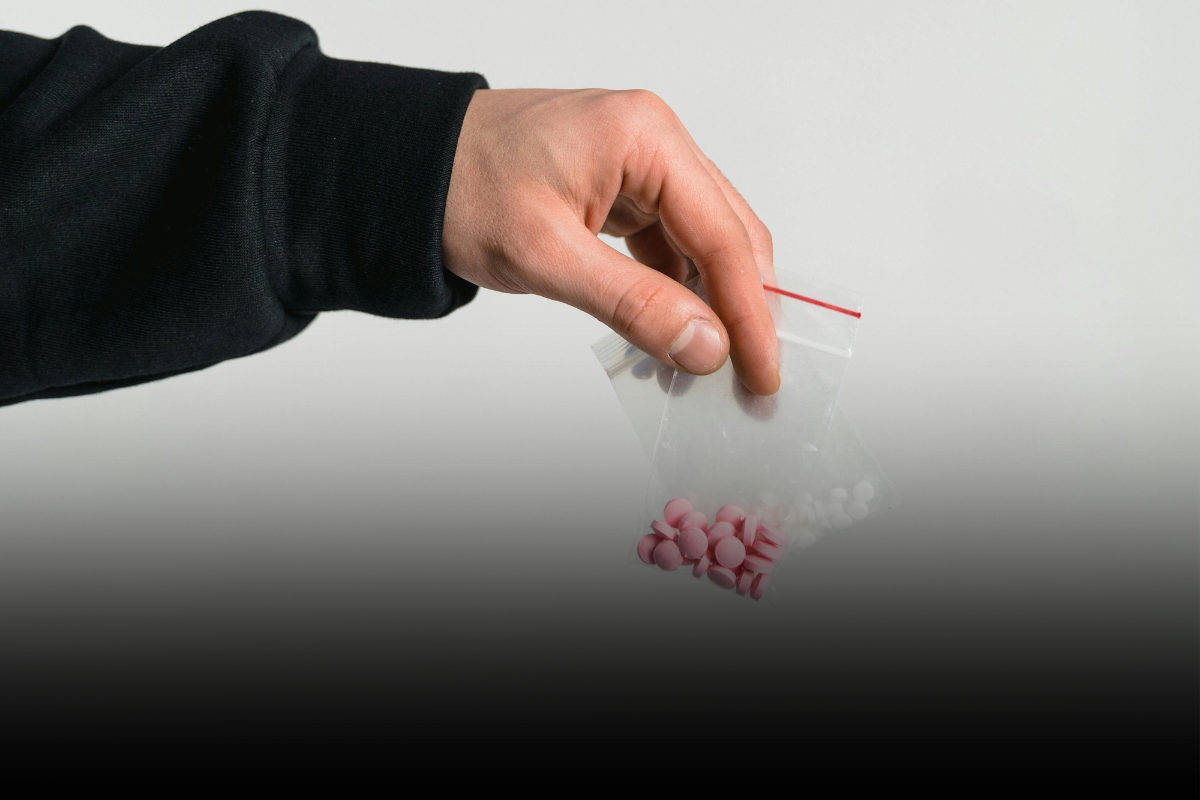Allegations of substance abuse are serious, especially when a child is involved, and it can significantly impact custody decisions in North Carolina. Courts prioritize the best interests of the child, which means they carefully evaluate any claims that a parent’s behavior could harm the child’s safety or well-being.
At Martine Law, we help parents navigate custody disputes, respond to allegations, and protect their parental rights.
North Carolina’s Custody Framework
In North Carolina, custody is divided into:
- Legal custody – the right to make major decisions about the child’s health, education, and welfare
- Physical custody – where and with whom the child lives
The court may award custody as sole or joint, depending on what serves the child’s best interests. Call a custody attorney.
How Substance Abuse Allegations Are Considered
When a parent is accused of substance abuse, the court evaluates:
- Frequency and severity of substance use
- Impact on the parent’s ability to care for the child
- Any past incidents of neglect, abuse, or impaired judgment
- Evidence of treatment or rehabilitation efforts
Allegations alone do not automatically remove custody, but verified substance abuse can influence the court to:
- Limit physical custody or parenting time
- Require supervised visitation
- Mandate substance abuse assessments or treatment programs
- Consider the other parent as the primary custodian
Steps to Protect Your Custody Rights
If you are facing substance abuse allegations, it’s crucial to take action:
- Document your parenting efforts and ability to provide a safe environment
- Comply with all court orders related to drug testing, counseling, or parenting programs
- Seek professional treatment if substance abuse is a concern
- Work with an experienced family law attorney to present evidence and advocate for your parental rights
At Martine Law, we assist parents in showing that they are fit caregivers and addressing allegations effectively.
Here’s a section you can insert into the blog about substance abuse and custody:
Do You Need a Lawyer?
Yes, having a lawyer is essential when allegations of substance abuse are involved in a custody case. Custody disputes can be complicated, and substance abuse claims can significantly affect how the court decides legal and physical custody. A skilled attorney ensures that your rights are protected and that the court receives a full, accurate picture of your parenting abilities.
Working with a local North Carolina family law attorney is especially important. Local lawyers understand the state’s laws, court procedures, and even the tendencies of specific judges. They can:
- Advise you on how evidence of substance use or treatment will be evaluated
- Help gather documentation and professional reports to support your case
- Advocate for reasonable visitation or custody arrangements
- Navigate local court rules and deadlines efficiently
At Martine Law, our attorneys combine local knowledge with experience handling sensitive custody cases, helping clients protect their relationship with their children and secure the best possible outcome.
How a Legal Team Can Help
A strong attorney can:
- Review evidence and challenge inaccurate allegations
- Negotiate visitation or custody arrangements
- Coordinate with counselors or substance abuse professionals to demonstrate responsibility
- Ensure your case focuses on the child’s best interests rather than unproven claims
Substance abuse allegations are serious, but with guidance, parents can protect their rights and maintain meaningful relationships with their children.
Key Takeaways
- Allegations of substance abuse can affect custody, visitation, and decision-making authority.
- Courts evaluate the best interests of the child, not just allegations.
- Evidence of treatment, responsible parenting, and compliance with court orders strengthens your case.
- Legal representation is essential to protect your rights and your relationship with your child.
Call Martine Law Today
If you are facing allegations of substance abuse in a custody case, contact Martine Law today. We will guide you through the process, protect your parental rights, and help secure the best outcome for you and your children.
Call us at 704-842-3411 for a confidential consultation.
Internal Resources:



